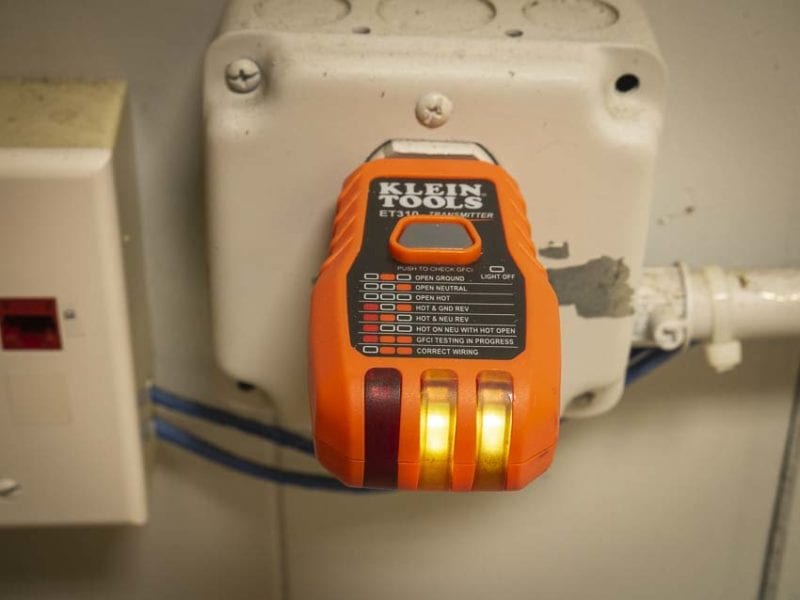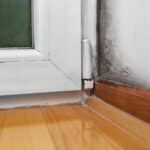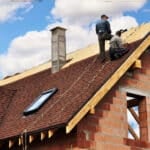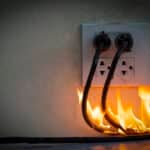When it comes to ensuring the safety and functionality of your home’s electrical system, outlet testers play a vital role. During home inspections, these simple yet powerful devices are used to assess the condition of electrical outlets and detect potential issues. In this blog post, we’ll explore how outlet testers work and shed light on their significance in the home inspection process.
Understanding Outlet Testers: Outlet testers, also known as receptacle analyzers or circuit analyzers, are handheld devices designed to evaluate the electrical condition of outlets. They typically consist of a plug that fits into a standard outlet and a series of lights or indicators that provide diagnostic information.
The Functionality of Outlet Testers: Outlet testers are equipped with a variety of testing mechanisms that help identify various electrical problems. These mechanisms typically include:
- Ground Fault Circuit Interrupter (GFCI) Testing: GFCI outlets are crucial for protecting against
- electric shocks in areas where water is present, such as bathrooms and kitchens. Outlet testers can verify if GFCI outlets are functioning correctly by simulating a ground fault and ensuring that the GFCI trips as expected.
- Open Ground Testing: An open ground occurs when the outlet lacks a proper grounding connection. Outlet testers can identify this condition and indicate that corrective measures should be taken to ensure proper grounding, which is essential for electrical safety.
- Open Neutral and Open Hot Testing: Outlet testers can detect open neutral and open hot conditions, where the neutral or hot wire connection is interrupted. These issues can cause potential electrical hazards and are important to identify during a home inspection.
- Reverse Polarity Testing: Reverse polarity occurs when the hot and neutral wires are swapped at an outlet. This condition can lead to electrical appliances and equipment not functioning correctly and poses a safety risk. Outlet testers can quickly identify reverse polarity and alert homeowners to the issue.
The Importance of Outlet Testing in Home Inspections: During a home inspection, an electrician or inspector will utilize outlet testers to evaluate the electrical system’s safety and integrity. Here’s why outlet testing is a critical component of the inspection process:
- Electrical Safety: Outlet testers are designed to identify potential hazards, such as ungrounded outlets or reverse polarity, which can pose risks of electrical shock or damage to appliances. By pinpointing these issues, homeowners can take the necessary steps to rectify them and enhance safety.
- Code Compliance: Electrical codes and regulations require outlets to meet specific standards to ensure safety. Outlet testing ensures compliance with these standards, helping homeowners avoid code violations and potential penalties.
- Equipment Functionality: Faulty outlets can lead to malfunctions in electrical devices, affecting their performance or even causing damage. By identifying open grounds, open neutrals, or open hots, outlet testers enable homeowners to address these issues before they impact their appliances.
- Home Insurance and Resale: During home inspections for insurance purposes or when selling a property, outlet testing can provide assurance to insurance companies and prospective buyers that the electrical system is in good condition. This can facilitate obtaining insurance coverage or increase the resale value of the property.
Outlet testers are valuable tools used in home inspections to evaluate the safety, functionality, and compliance of electrical outlets. By employing these devices, electricians and inspectors can quickly identify potential issues, ensuring that homeowners can address them promptly and maintain a secure electrical system. Outlet testing is an essential step in safeguarding your home and promoting electrical safety for all occupants.







